
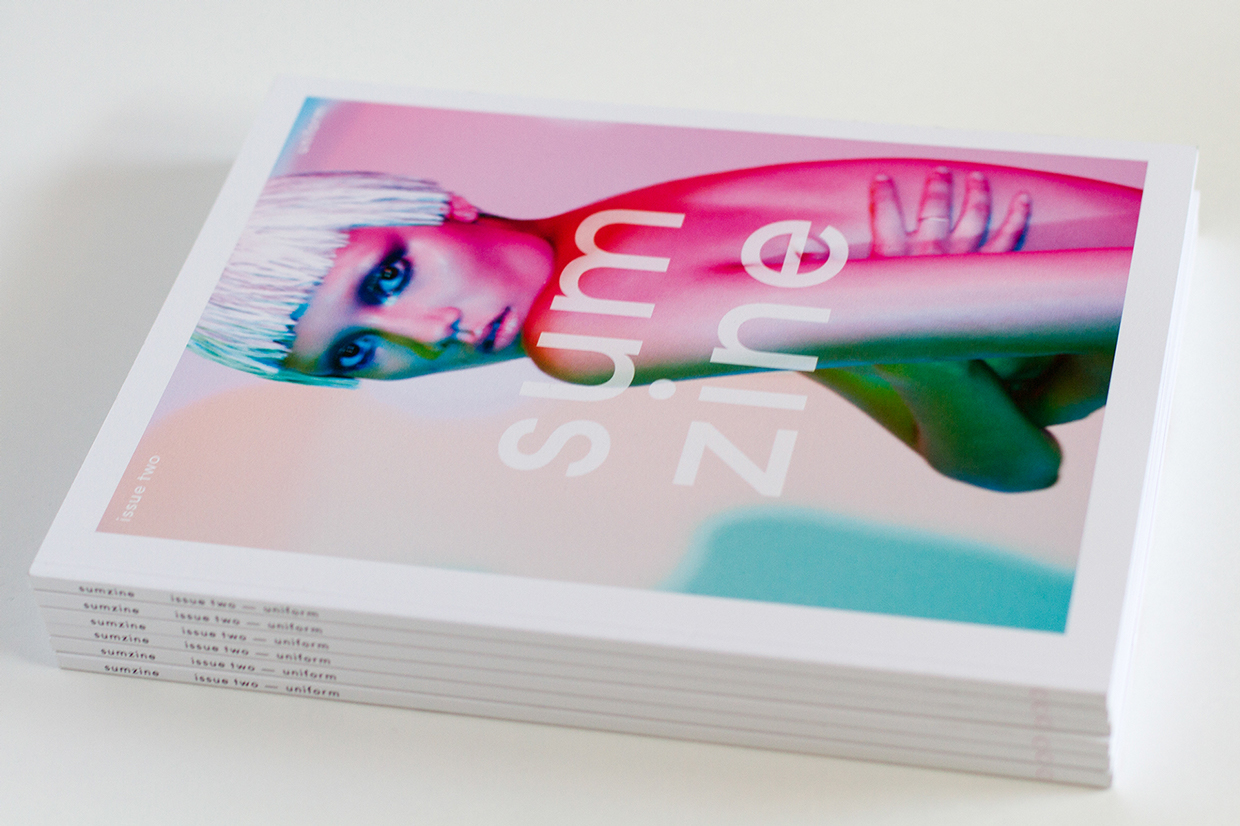
Fashion magazine Sumzine is advocating slowing down in order to move forward
“The Sumzine reader is someone who is in love with fashion as a means to be creative, but is sick of pushing the dark side of the industry to the back of her head,” explains slow fashion magazine, Sumzine, Founder Jamie Ortega. “This is the place for that reader to see conversations about these challenges and be inspired to start moving forward.”
For Ortega, this move forward is unconventionally done by slowing down. With Sumzine as the unofficial authority on slow fashion, Ortega has set herself what some might say is the mammoth task of changing the clothing industry. How? Well, for Ortega, it’s about making better choices without getting didactic about it.
“We operate with a conscience,” she says. “We are candid with our conversations. We want to inspire others to make better choices, but we don’t want to guilt people in doing so. This means showing people what options they have to make those better choices and not telling them they are a bad consumer along the way.”
It’s ethics and sustainability that the magazine circles around, but that’s not to say that Sumzine is any less aesthetically impressive or content rich than other fashion pages. Under design director Tiffany Jen, the magazine’s look is just as high brow as other independent mags. The content, while focused on depicting and promoting ethical retail, is intelligent in its own right. Issue Two featured impressive style conversations with editors Jayne Min (Stop It Right Now), Miyako Bellizzi (Vice), Jeremy Lewis (Garmento), and Stacey Nishimoto (Into The Gloss).
Already having produced two issues, the magazine is now seeking funding on Kickstarter. Ortega wants to advance the product, push for larger content and increase quality. The third issue, due for release in April, will feature contributions from photographers such as Emma Anderson and Patric Dicaprio, as well as including more conversations and op-eds amongst some leading creatives.
The slow movement is gaining ground in consumer habits. Designers from Stella McCartney to Patagonia are pushing for greater sustainability in the industry, and this sentiment extends beyond fashion; it’s a growing mentality placing communal and global welfare above personal gain. (The role of ethics in daily life has even extended to machines.)
For Ortega an awareness of the consequences of rapid fashion production will enable the inspiration to move forward and, thus, slow down consumption. As the magazine slogan puts it: “Talk more, waste less.”
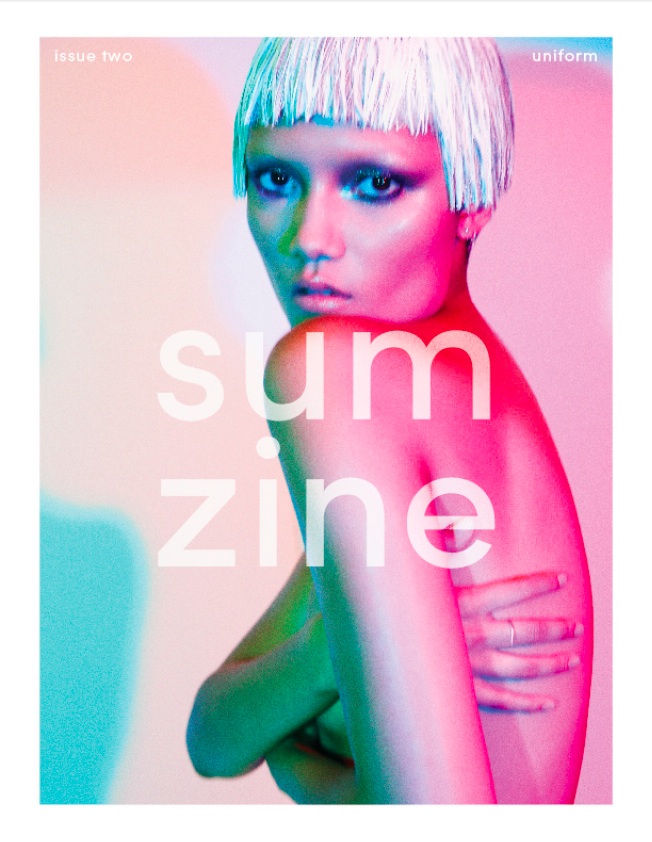
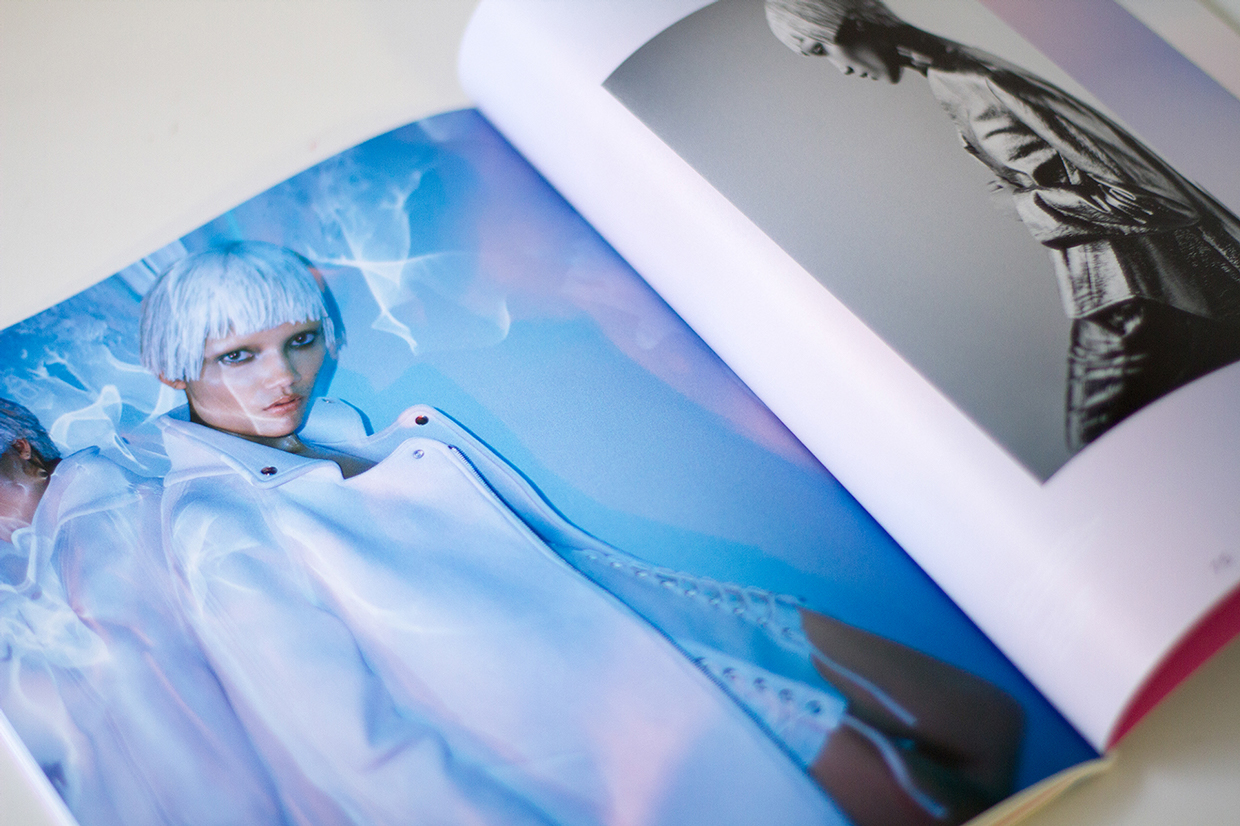
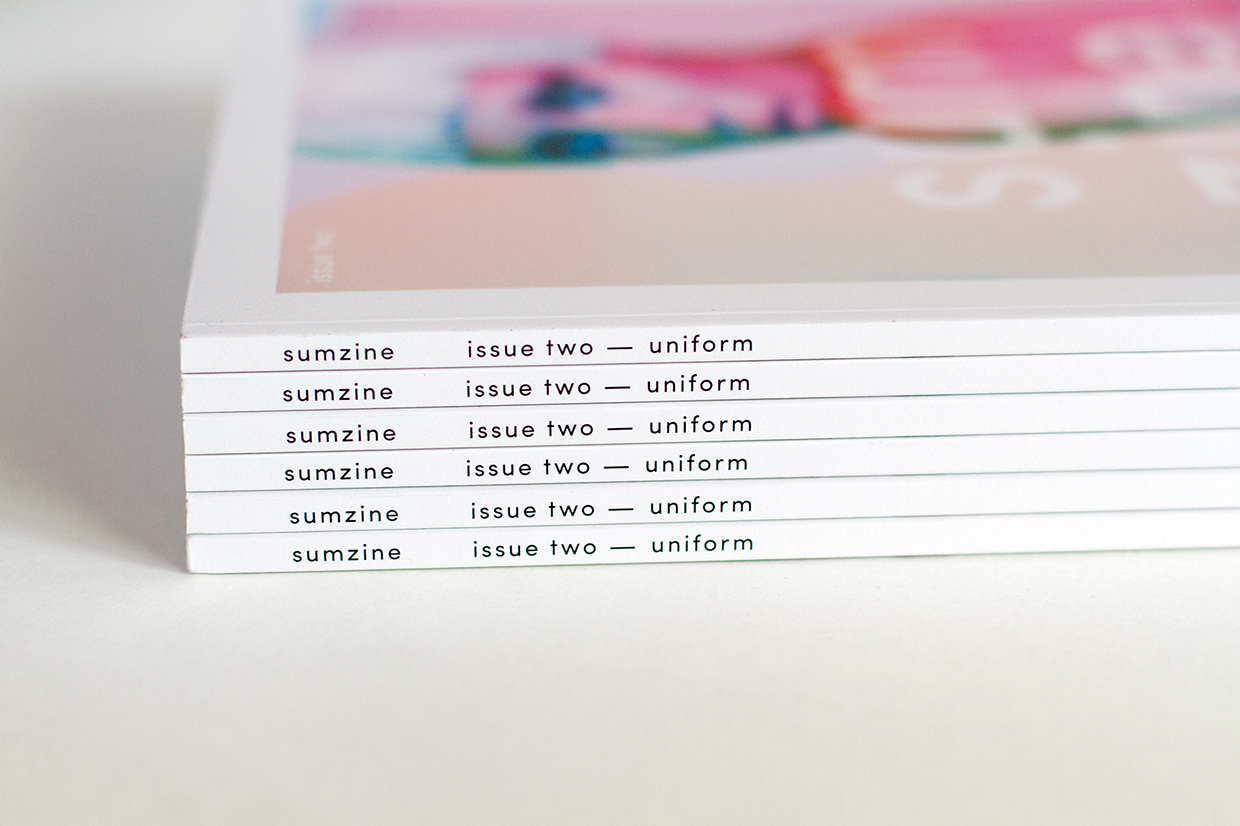
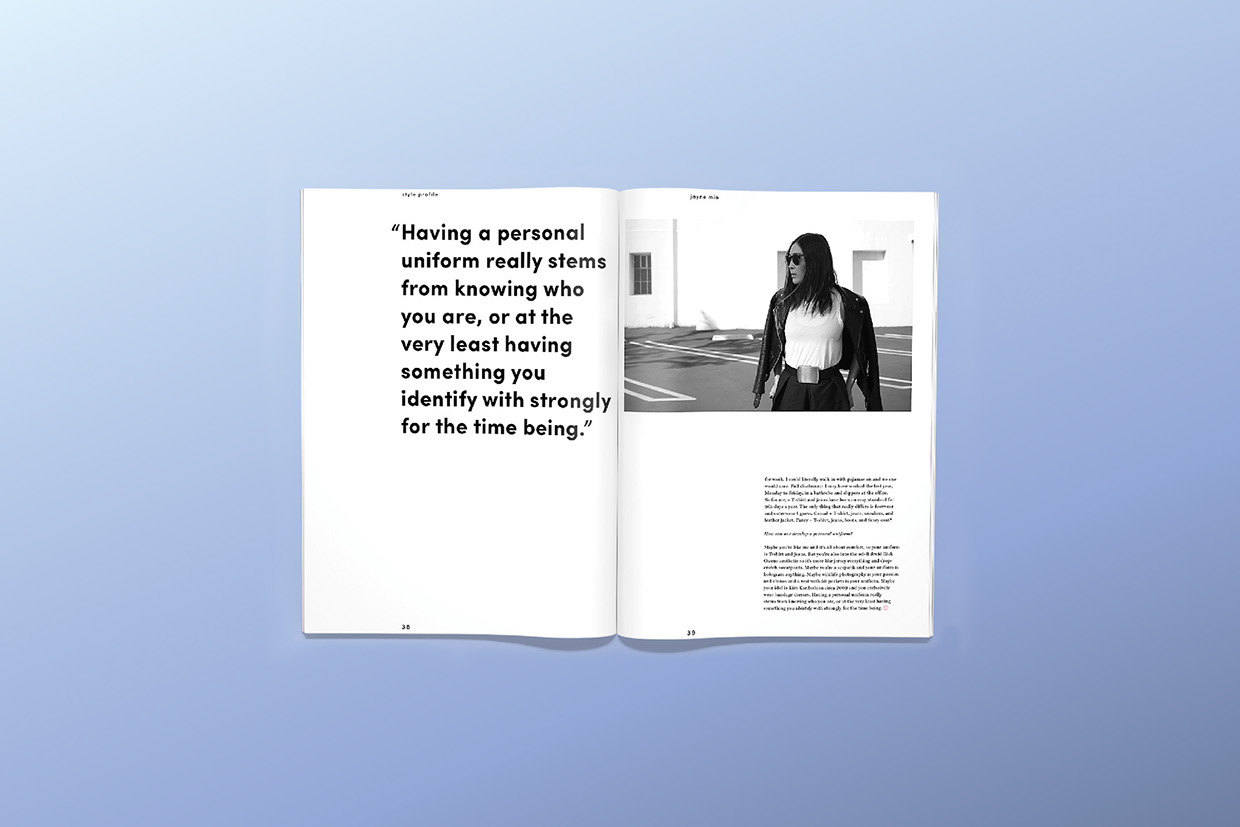



Discussion